

Write what you are looking for and press enter to begin your search!

Live News
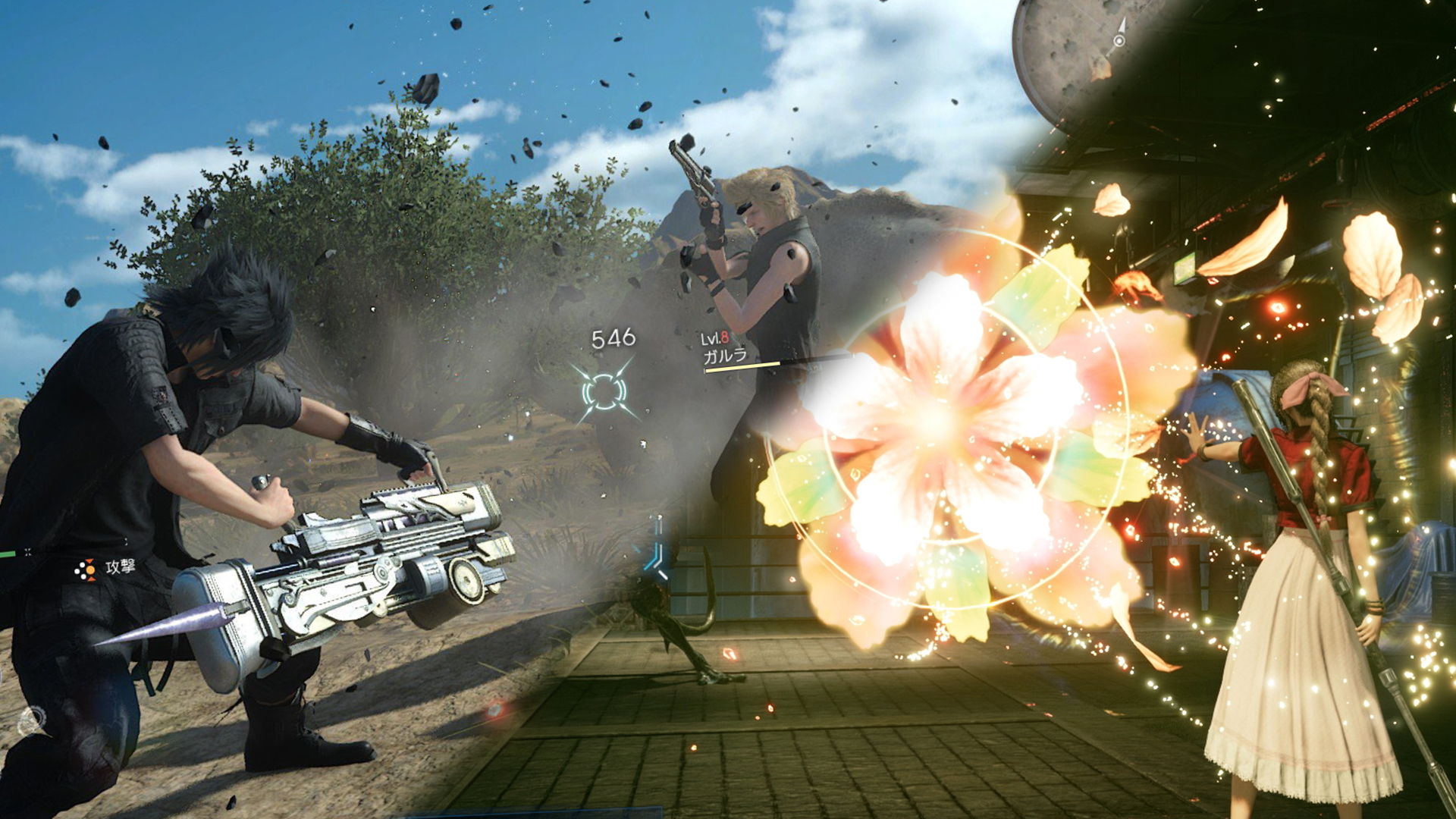

How Three Decades of Final Fantasy Shaped VII Remake’s Combat [Part 2]
It’s bold for Square Enix to want to remake a cherished game like Final Fantasy VII, especially as a multi-part series. The risks that Square Enix are taking seem even more pronounced when you consider how different Final Fantasy VII Remake (2020) is from the original FFVII in terms of their battle systems. While the original game made use of the classic ATB system that began with FFIV, the action-oriented style of the remake is almost uncharted territory, seeing as Final Fantasy only deployed this style as early as FFXV.
At its core, the hallmarks of Final Fantasy VII, such as its ATB, Limit Break, and Materia systems have all but been removed. The ATB system was a prominent mechanic in the original game that determined flow of combat but exists now as a sub-system in a more dynamic battle system.
Players can control characters, evade and attack in real-time, but abilities, spells, and items still remain tied to the ATB gauge.
Materia is back in its usual format, providing players with the same intricate customization as before. However, certain Materia from the original game has been removed, with new ones added to accommodate the different gameplay. The game still retains niche fan favourites, like the Enemy Skill Materia, which lets characters learn enemy techniques. It’s interesting to see how a legacy system like Materia still has a place in a drastically different battle format as FFVII Remake’s.
In terms of characters, each member now has a unique command to differentiate their roles in battle, mimicking the specialized class commands that began with FFIII. For example, while Cloud’s unique command switches him between offensive and defensive fighting styles, Barret’s instead fires a power shot that charges up his ATB gauge.
Players are able to switch between characters to utilize these commands, and characters that aren’t controlled defer to an AI that is more than capable of holding its own.
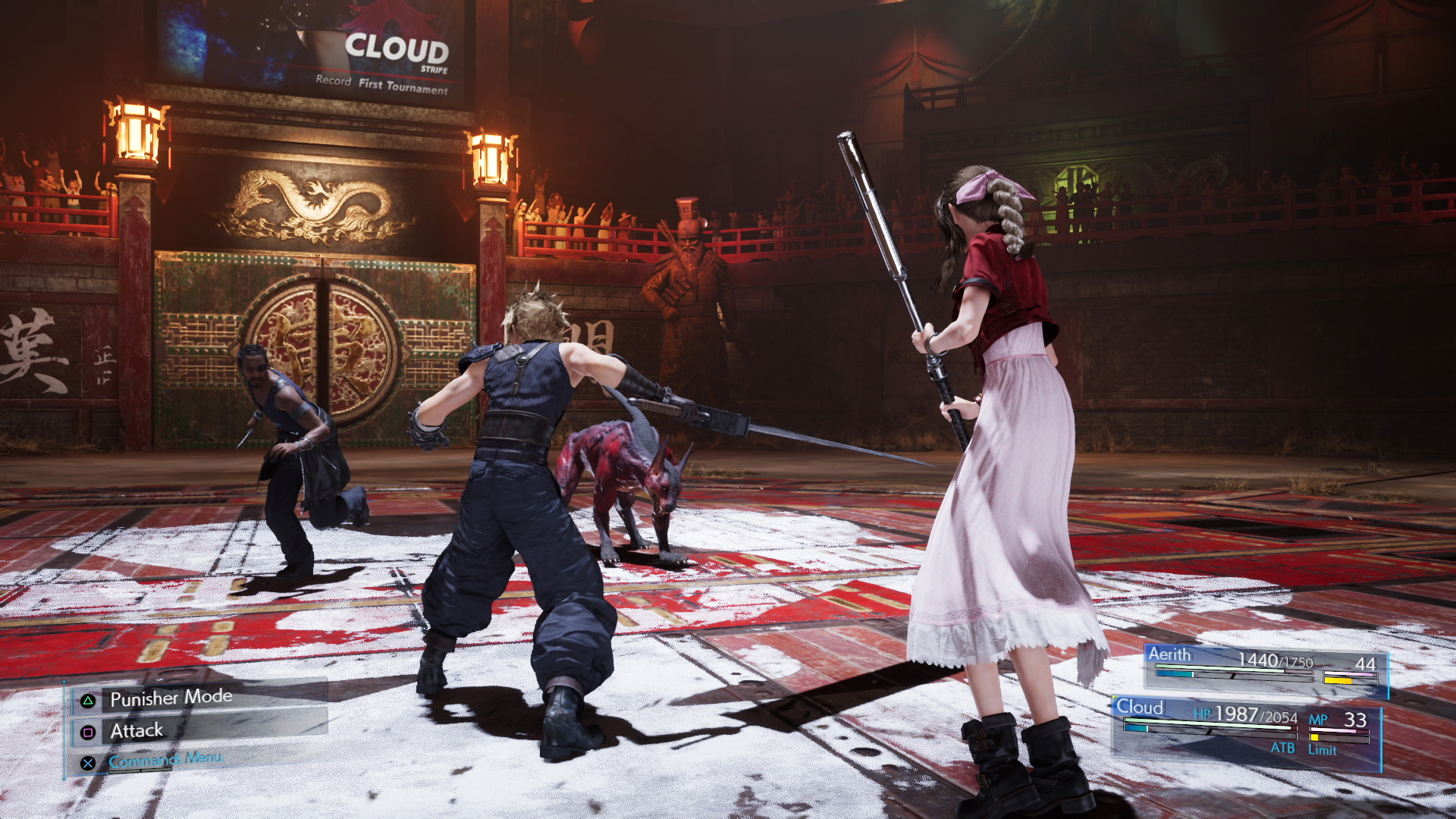
The Limit Break gauge still increases as characters receive damage, but the game also includes an additional strategic element in VII Remake. If a character successfully lands the Stagger status on an opponent, this charges up their Limit gauge significantly. And speaking of Stagger, this mechanic is the exact same concept as the one introduced in FFXIII. Characters have abilities that specialize in raising the enemy’s Stagger gauge, and a successful Stagger rewards them with an opportunity for massive damage.
Enemies are also far more active and mechanics-based, a trait which may excite FFXIV fans. The game’s first boss alone goes through multiple phases and attack patterns, using close-ranged EMP attacks, pelting the party with rockets, and forcing players to hide behind debris to avoid its lasers.
As you may have surmised by this point, much of FFVII Remake’s systems have some link to past Final Fantasy games, whether they be through reusing mechanics or simply sharing similar philosophies.
Combat transitions are fluid and seamless, a concept that first started out in FFXI. Characters have multiple ATB segments and abilities that cost multiple segments like in FFXIII. Summons fight alongside characters and can be commanded to use certain abilities, just like FFX’s summons. Enemies still have elemental weaknesses, even as VII Remake stands three decades apart from the original Final Fantasy. The list goes on.
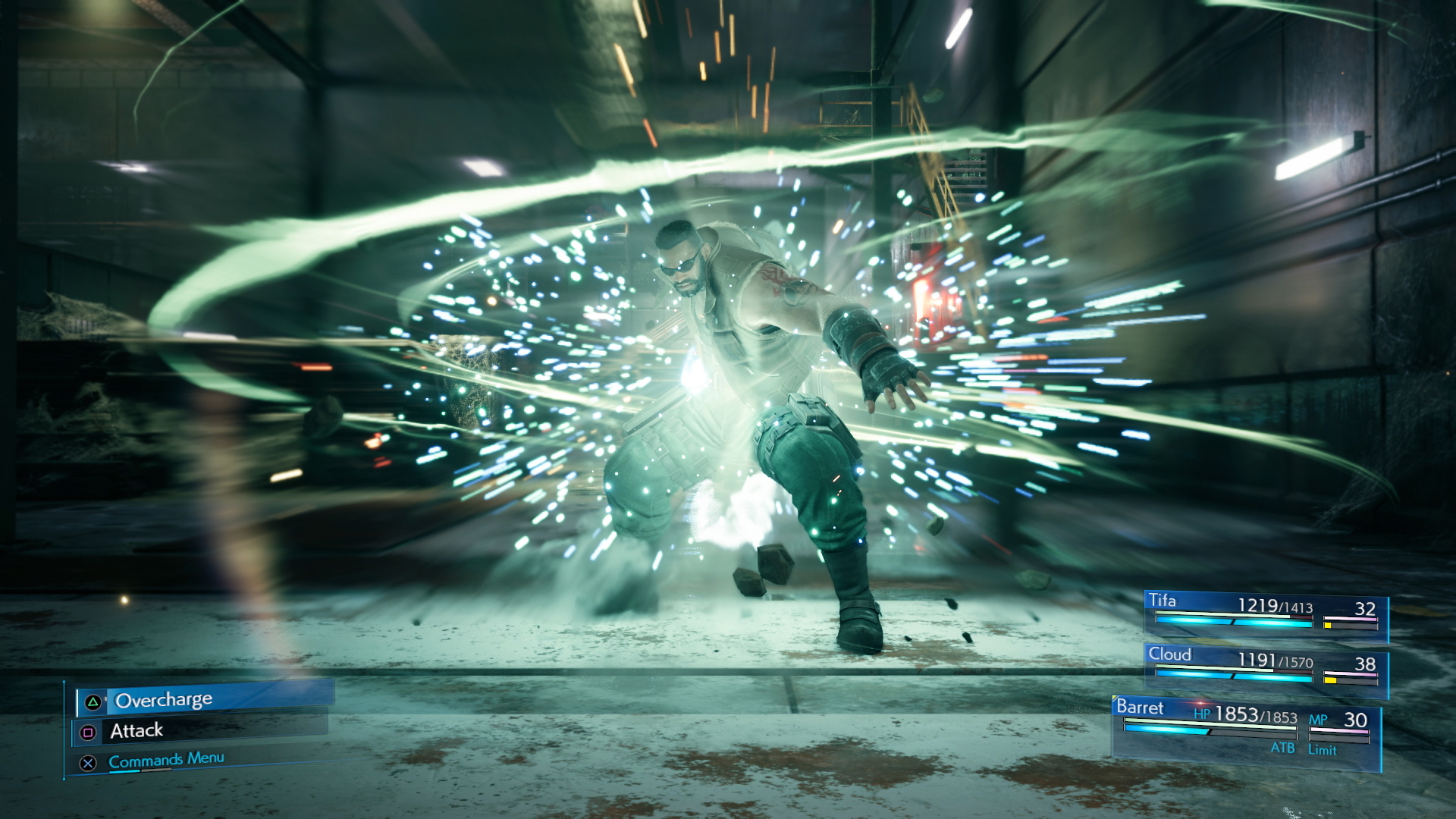
The people at Square Enix are continually improving on many aspects in Final Fantasy, and these efforts carry through throughout the years, building on each other until something distinct is formed. Just as FFVII paid tribute to its 2D predecessors by iterating on their systems and mechanics, FFVII Remake does the same, only this time pulling from a richer history of many genre-defying games. It’s an intriguing mix that could only exist in this current generation.
For this reason, it’s no surprise that FFVII Remake is a completely different beast from its original counterpart. It has to be different, because FFVII’s foundation was built upon the idea of sparking change and revolutionizing how a game could be played. The series as a whole has shuddered against stagnation, so it would be remiss to expect a remake of one of the biggest games in the series to be the first to flounder in the past.
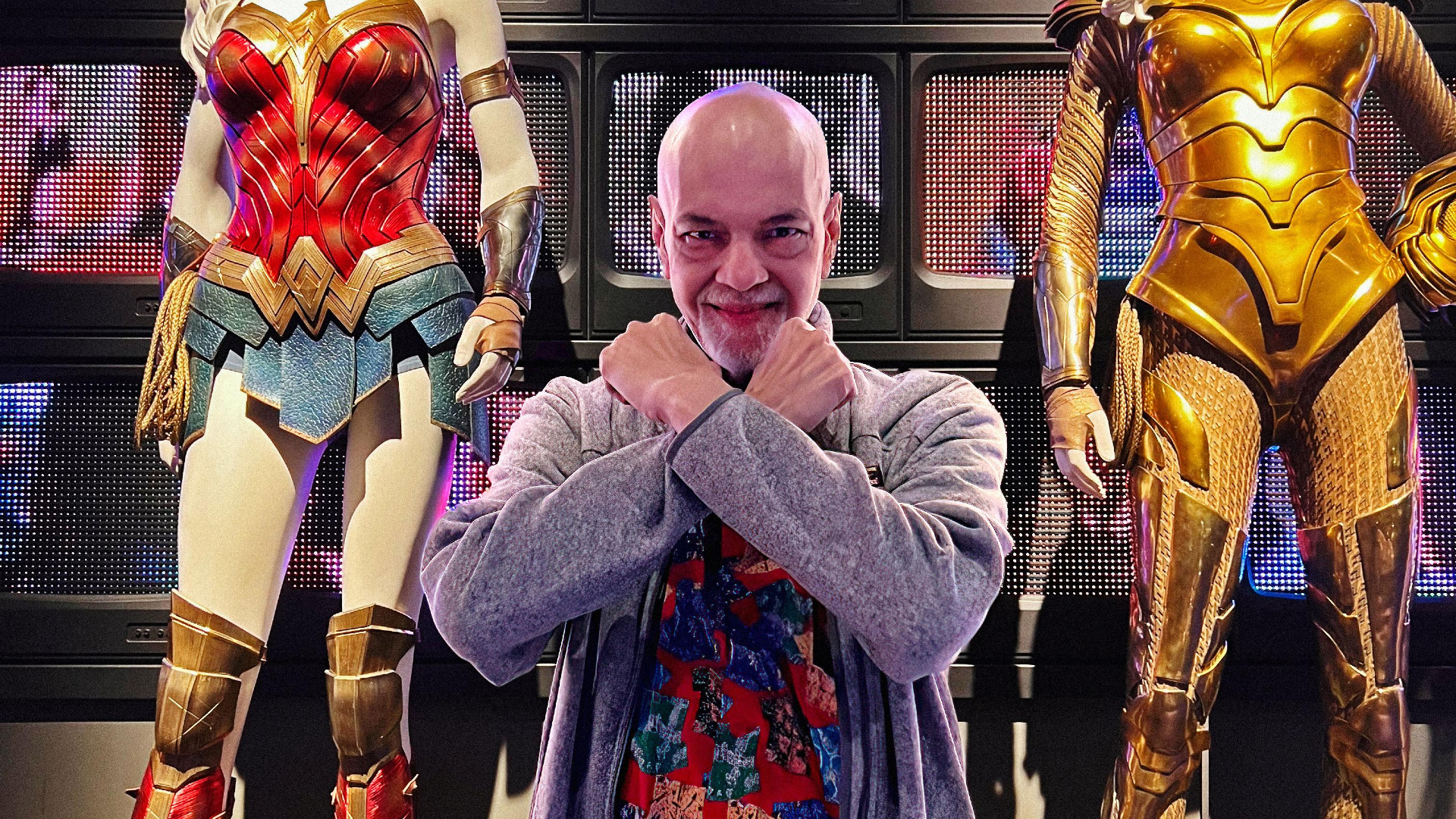
By Alleef Ashaari|May 9, 2022
It's a sad day for all comic book fans around the world as news broke over the weekend that the legendary George Perez has passed away at the age of 6...
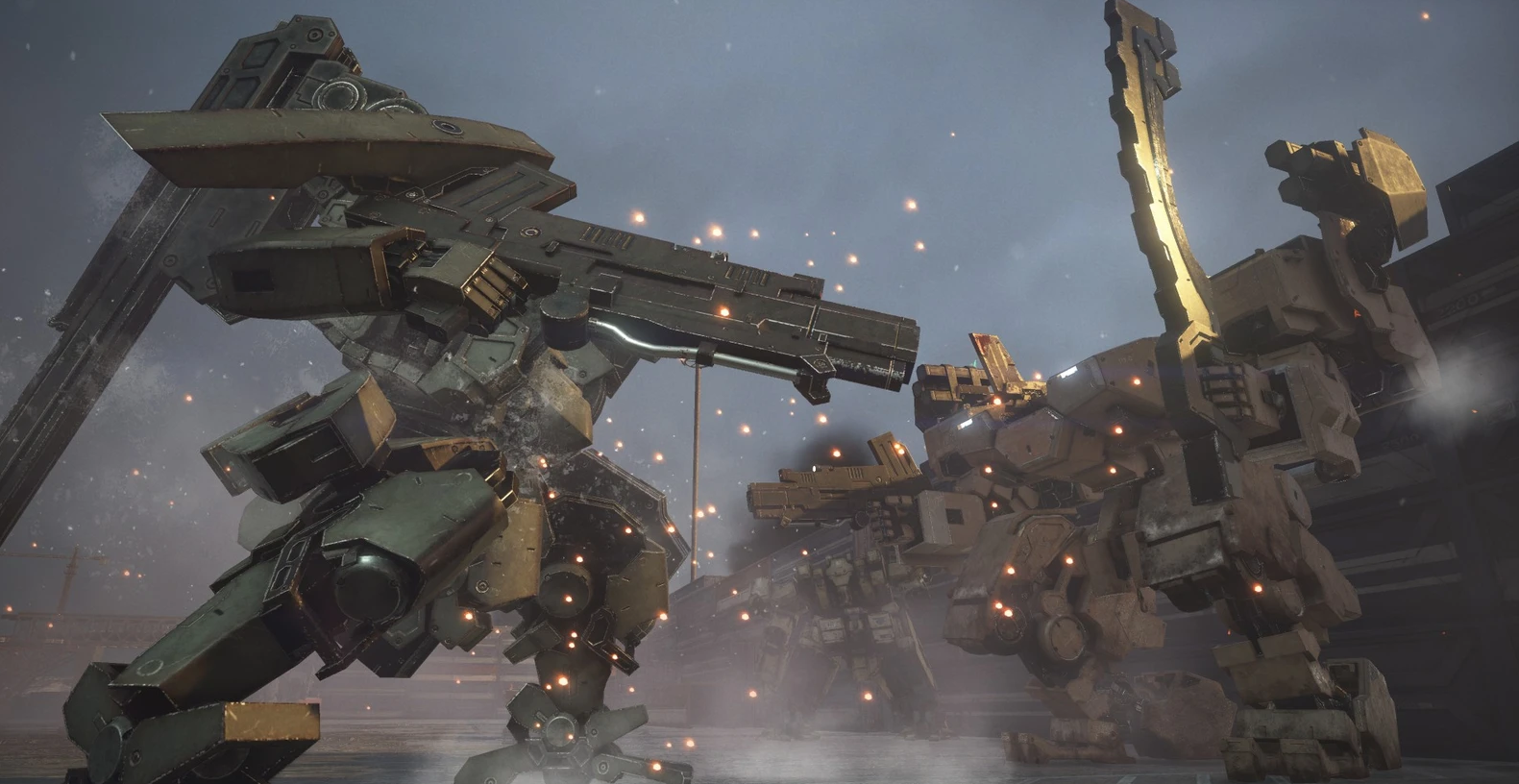
By Mr Toffee|February 25, 2020
This week marks the birth week of the very first Squaresoft mecha-heavy turn-based strategy RPG title Front Mission, a 1995 Super Famicom title that m...

By Team KKP|October 3, 2024
Level UP KL never ceases to impress with the amount of talent in attendance. During this year's rendition, we had the opportunity to experience the cr...

By Mr Toffee|November 20, 2024

By Team KKP|October 29, 2024

By Kenn Leandre|October 25, 2024

By Mr Toffee|October 24, 2024

By Team KKP|October 21, 2024

By Lewis "lickety" Larcombe|September 18, 2024

By Alisha Alix|August 20, 2024

By Alleef Ashaari|July 17, 2024

By Team KKP|July 1, 2023

By Alleef Ashaari|August 2, 2021
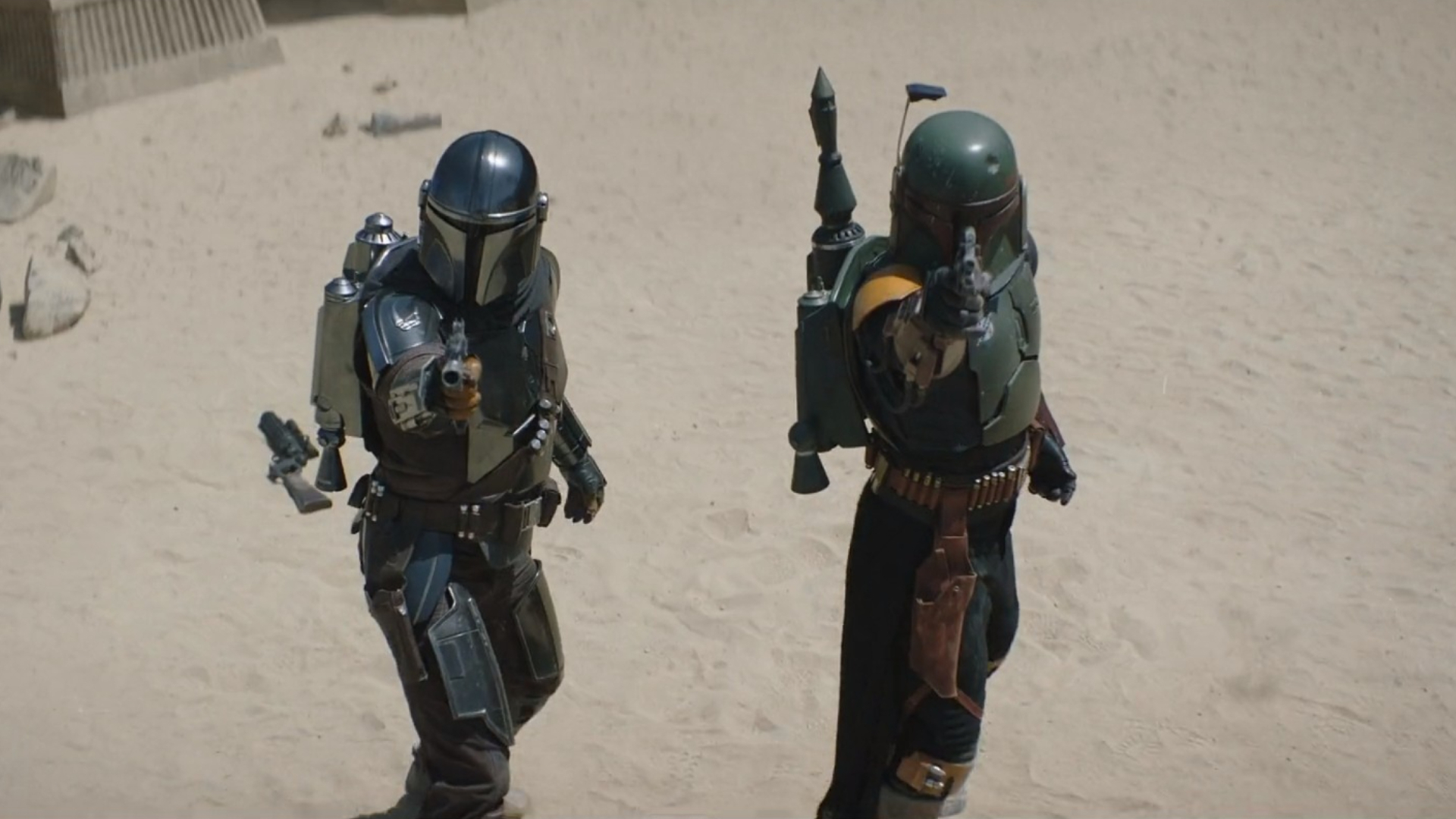
By Alleef Ashaari|February 9, 2022

By Mr Toffee|November 20, 2024

By Team KKP|October 29, 2024

By Kenn Leandre|October 25, 2024

By Mr Toffee|October 24, 2024

By Team KKP|October 21, 2024

By Lewis "lickety" Larcombe|September 18, 2024

By Alisha Alix|August 20, 2024

By Alleef Ashaari|July 17, 2024

By Team KKP|July 1, 2023

By Mr Toffee|November 23, 2024

By Mr Toffee|November 20, 2024

By Team KKP|October 29, 2024

By Kenn Leandre|October 25, 2024

By Mr Toffee|October 24, 2024

By Team KKP|October 21, 2024

By Lewis "lickety" Larcombe|September 18, 2024

By Alisha Alix|August 20, 2024

By Alleef Ashaari|July 17, 2024

By Team KKP|July 1, 2023
Copyright @ Kakuchopurei 2024